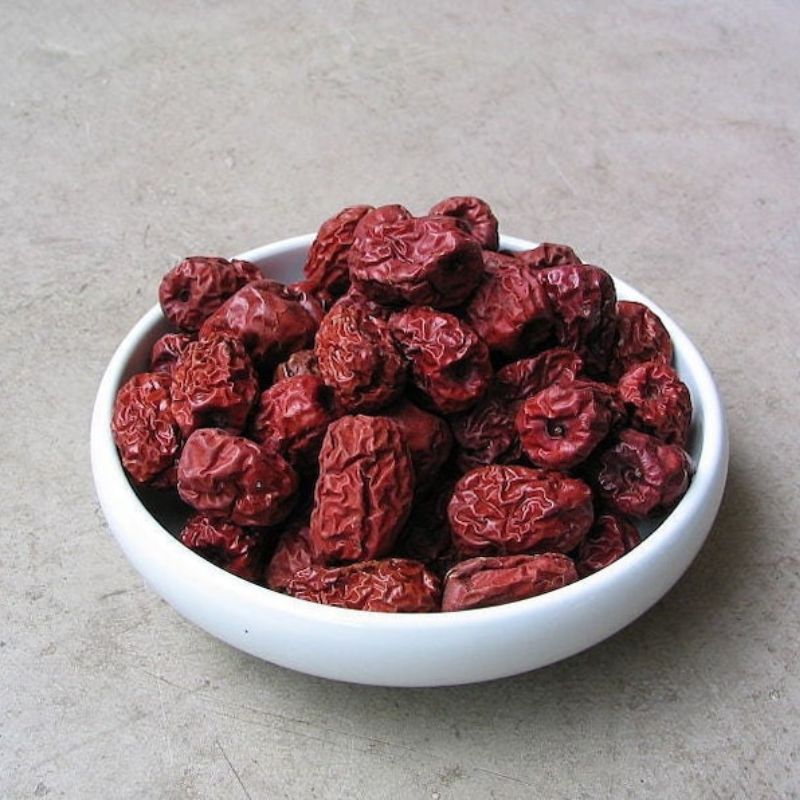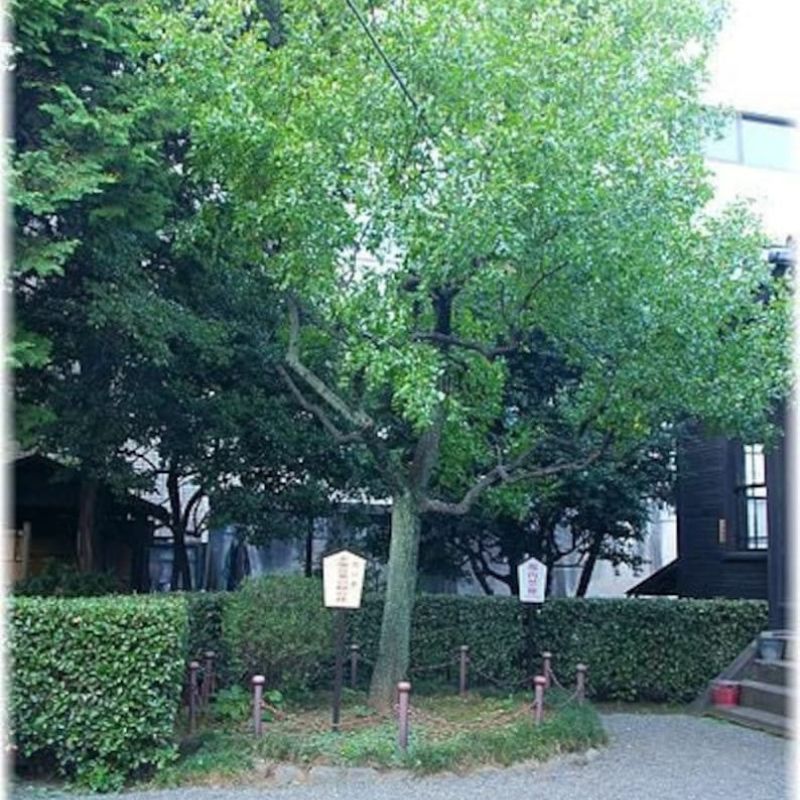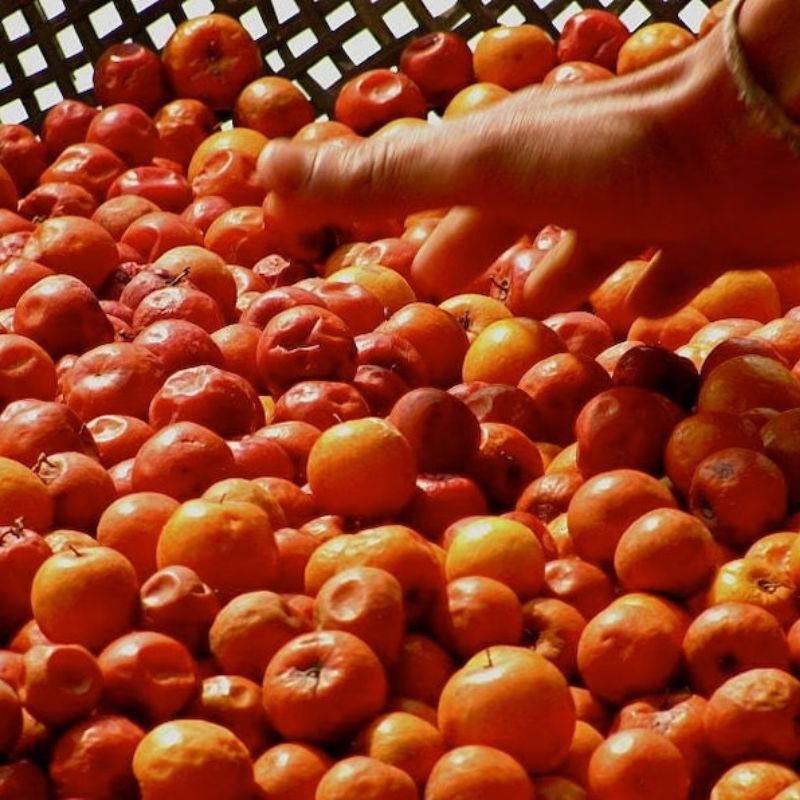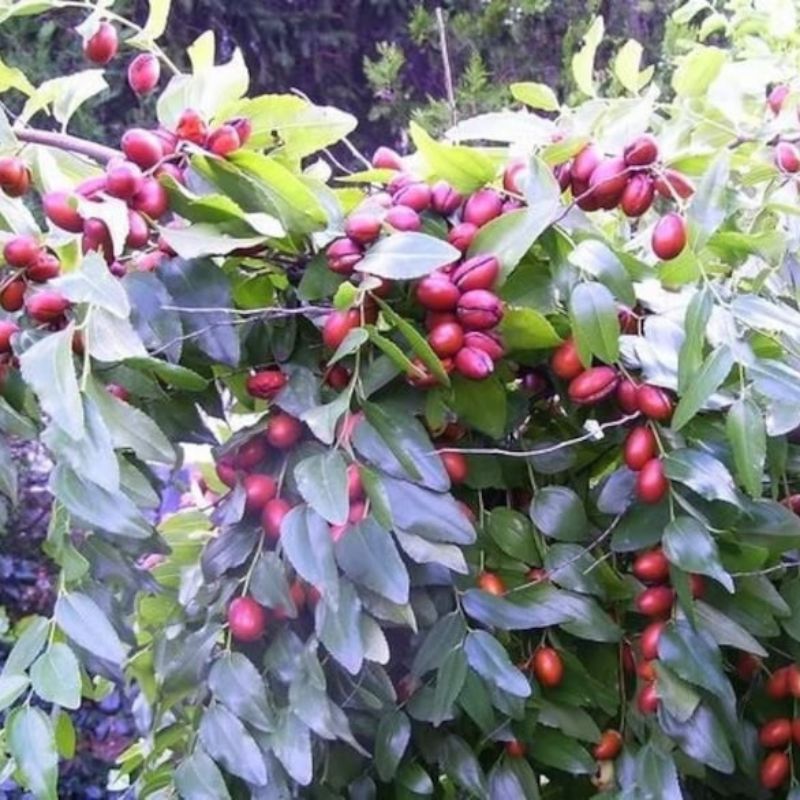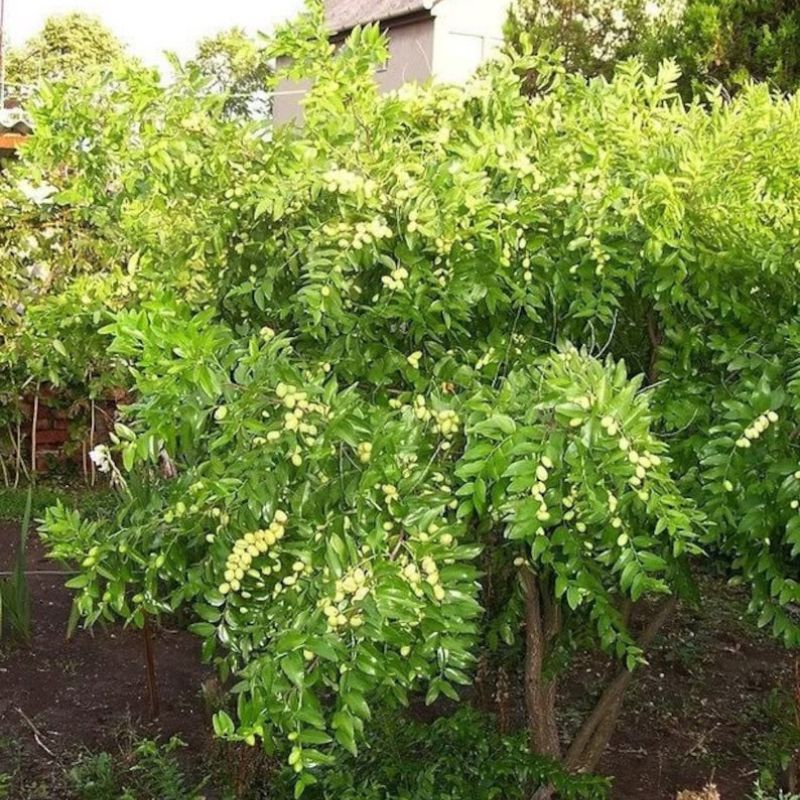- Historical context: Ziziphus jujuba, commonly known as jujube, Chinese date, or red date, has been cultivated for over 4,000 years.
- Geographical origination: The jujube tree is native to China but has spread to many parts of Asia, Europe, and the Middle East.
- Relevant cultural significance: In Chinese culture, jujube is often associated with good luck and prosperity. It is also used in traditional Chinese medicine.
- Time period of discovery: The earliest records of jujube cultivation date back to 9000 BCE in China.
- Original habitat: Jujube trees originally thrived in the warm temperate regions of China, particularly in the Yellow River basin.
- Notable historical uses: Historically, jujube fruits have been used for their medicinal properties, as a food source, and in various cultural rituals.
- Ideal temperature range: Jujube trees thrive in temperatures ranging from 20°C to 35°C (68°F to 95°F).
- Soil type: They prefer well-drained, sandy loam soils but can tolerate a variety of soil types, including poor soils.
- Sunlight requirements: Full sun is essential for optimal growth and fruit production.
- Watering needs: Jujube trees are drought-tolerant but benefit from regular watering during dry periods, especially when young.
- Planting season: The best time to plant jujube seeds is in the spring after the last frost.
- Germination time: Seeds typically germinate within 2 to 3 weeks under optimal conditions.
- Growth cycle duration: Jujube trees can start bearing fruit within 3 to 4 years after planting.
- Common pests and diseases: Common pests include jujube weevils and fruit flies. Diseases such as powdery mildew and rust can also affect the trees.
- Companion planting advice: Jujube trees can be planted alongside other drought-tolerant plants like lavender and rosemary.
- Common challenges and solutions: Challenges include pest infestations and poor soil conditions. Solutions involve regular monitoring, organic pest control methods, and soil amendments.
- Nutritional values: Jujube fruits are rich in vitamin C, potassium, and dietary fiber.
- Health benefits: They are known for their antioxidant properties, immune-boosting effects, and ability to improve digestion and sleep quality.
- Culinary uses: Jujube fruits can be eaten fresh, dried, or used in various dishes such as soups, teas, and desserts.
- Medicinal uses: In traditional medicine, jujube is used to treat insomnia, anxiety, and digestive issues.
- Other unique advantages: Jujube trees are highly resilient and can thrive in harsh conditions, making them a valuable crop in arid regions.
